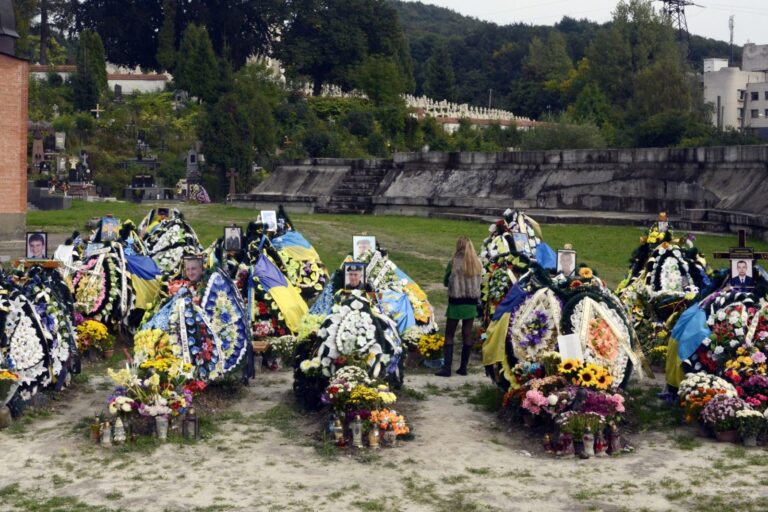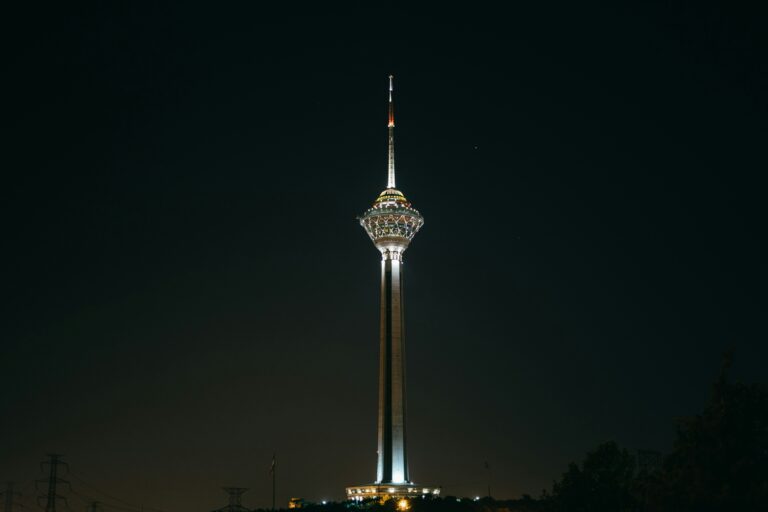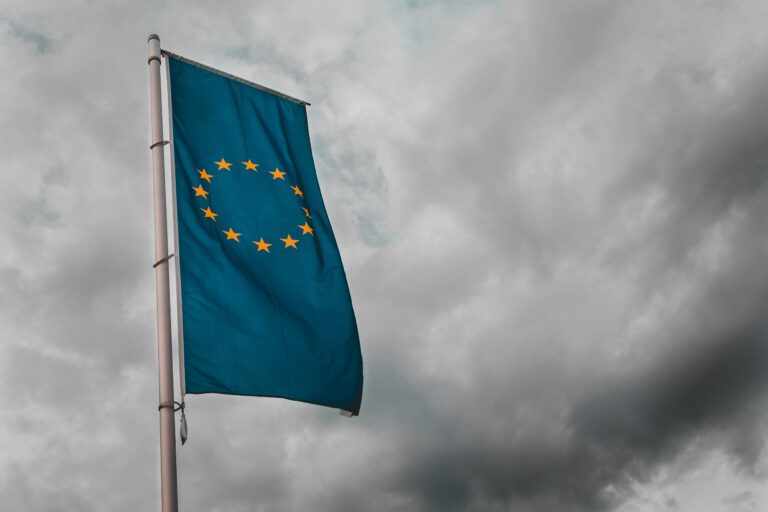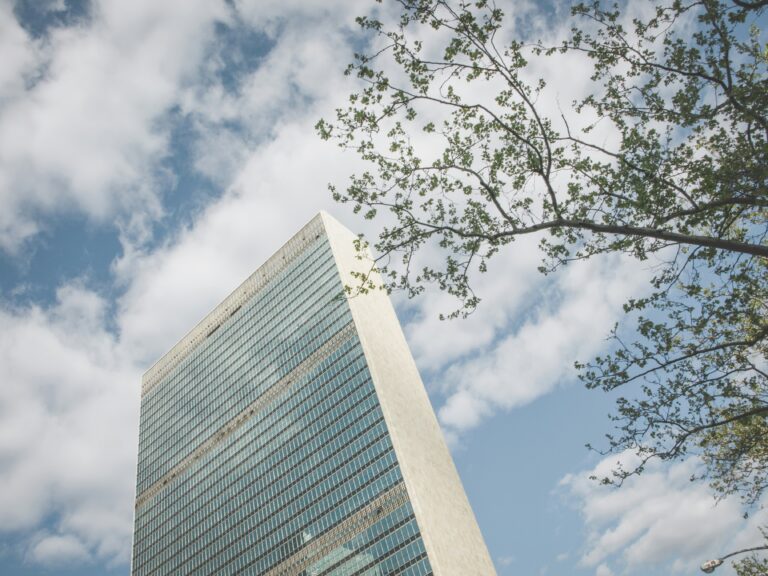Thailand’s neutrality and foreign policy: Why I’d vote for Thaksin over Pita
Thaksin Shinawatra, a realist figure in Thai politics, is shrouded in a slew of controversies, even allegations of crimes, but, at the same time, he also has tangible and measurable successes on his belt, ranging from national debt relief, infrastructure projects, a universal healthcare program, and localized SME developments, which lasts to this day.









